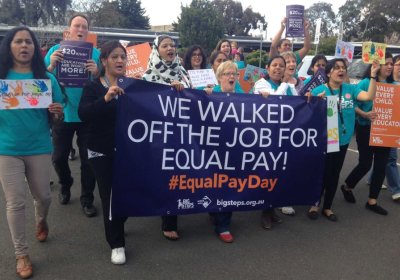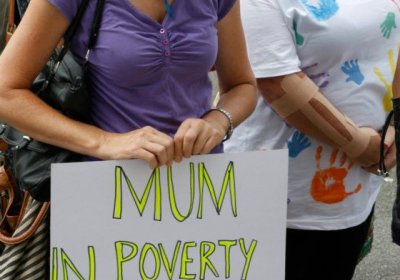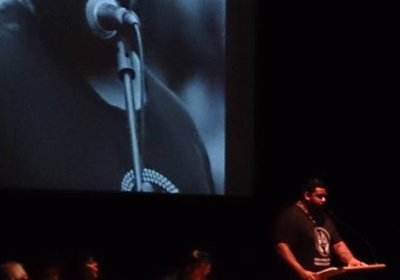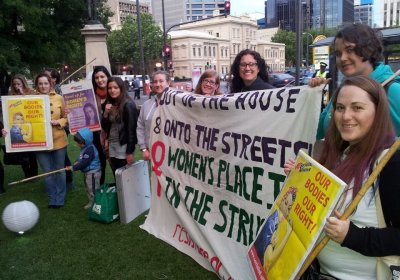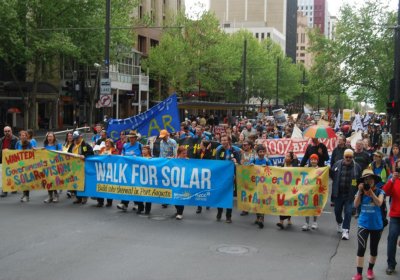South Australians headed to the polls on March 17 to decide whether they would return the incumbent Labor Party to power after 16 years or hand government to Steve Marshall’s Liberals, with Nick Xenophon’s SA Best as a significant political force.
The results saw the Liberals win, overcoming their recent history of factionalism and disunity marked by ongoing leadership battles. Optional above the line preferential voting was introduced this election, but a redistribution of seats proved more detrimental to Labor.

